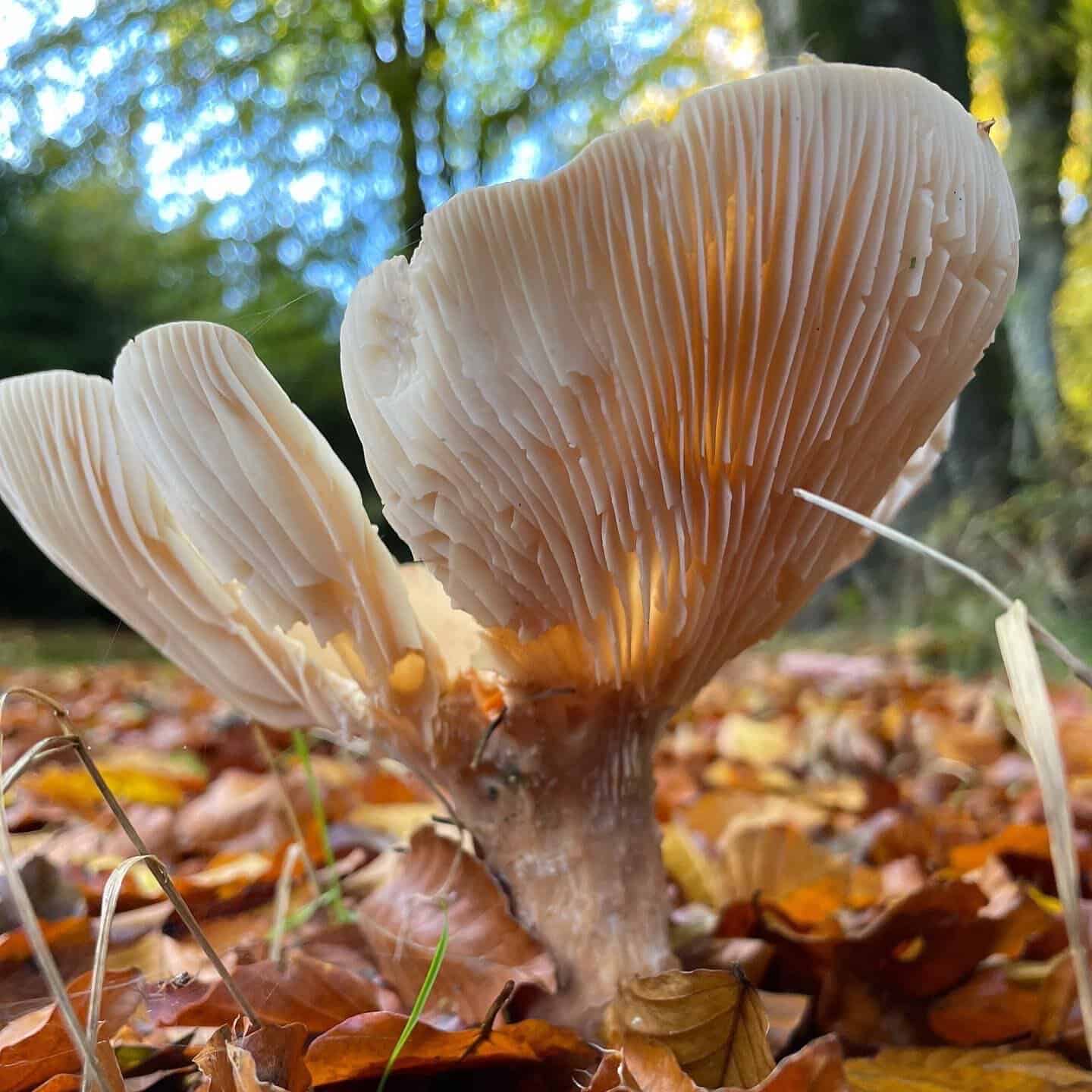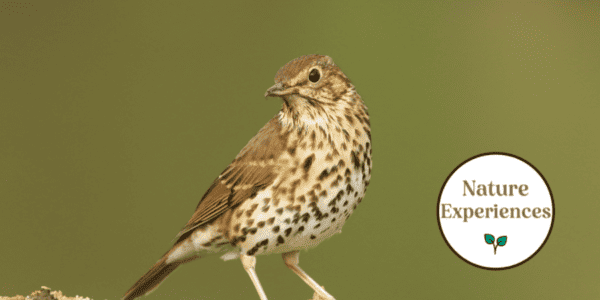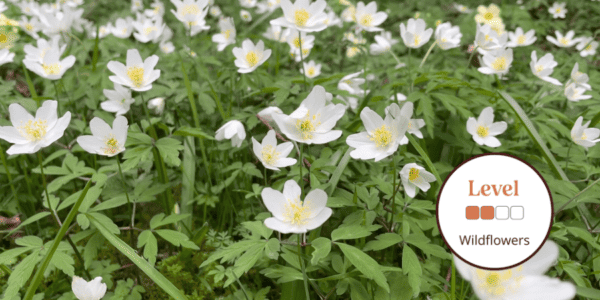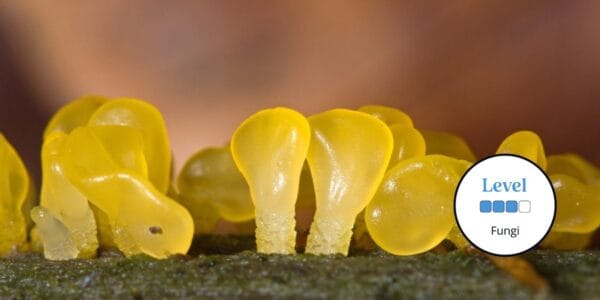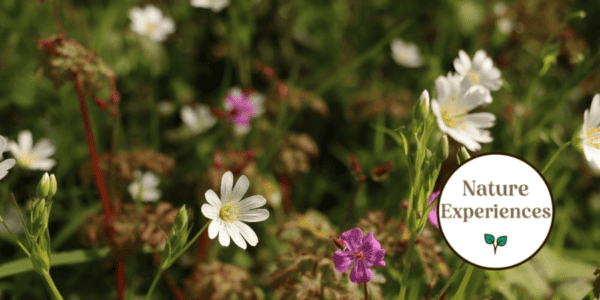To identify a species of fungi while observing it in the field, it is crucial to understand its relationship with the habitat and substrate in which it grows – plus key morphological features.
This is the perfect course for beginners looking to learn more about the fungi around them and start to identify fungi groups. You will learn valuable observational field skills; what to look for, what to record and how to record it with the support of our expert tutor. The course will cover the variety of habitats in which you can find fungi, the diversity of fruiting bodies, and key features to look for, allowing you to fully immerse yourself in the weird and wonderful world of fungi.
This course will cover:
- Morphological features for fungi
- Identification features and tips
- Making field notes
- Fungi habitat
- Field equipment
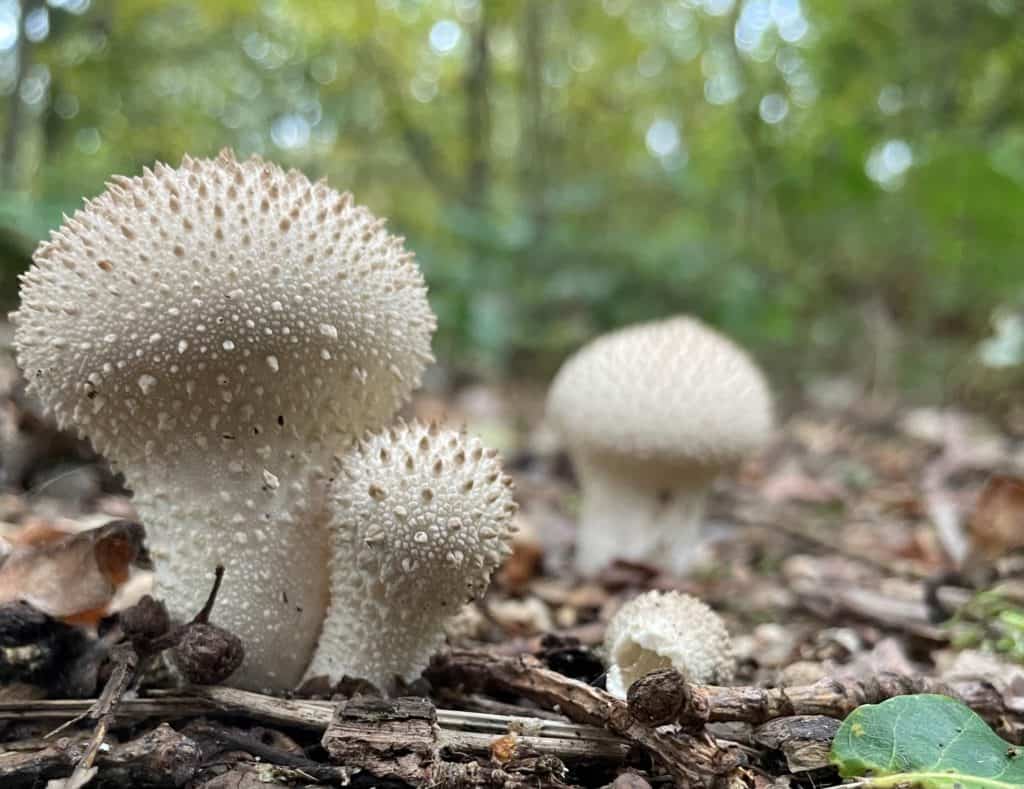
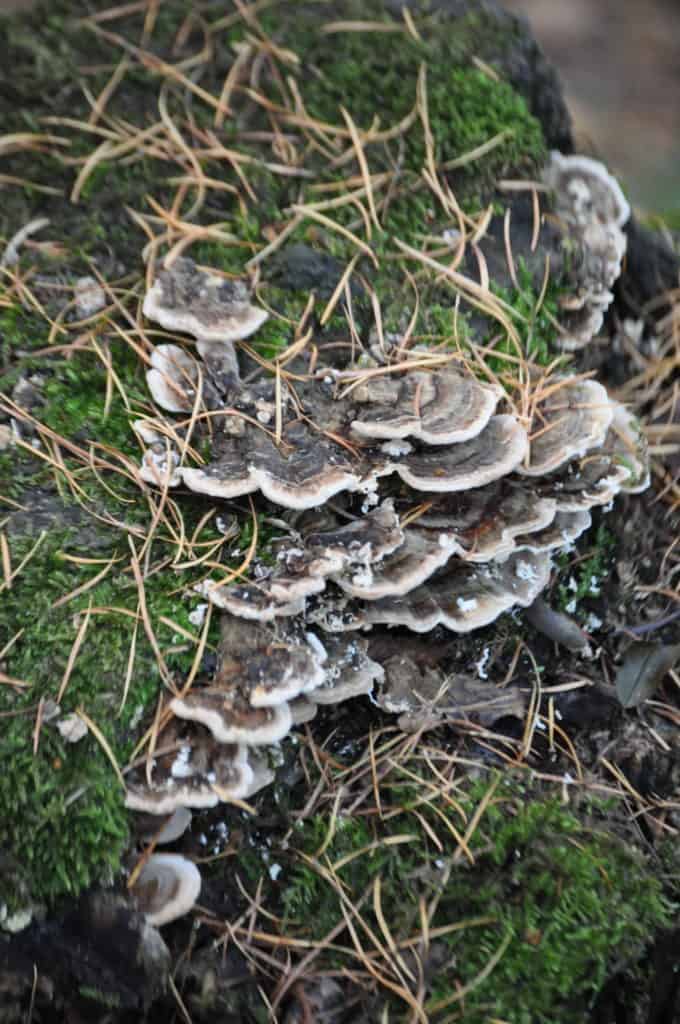
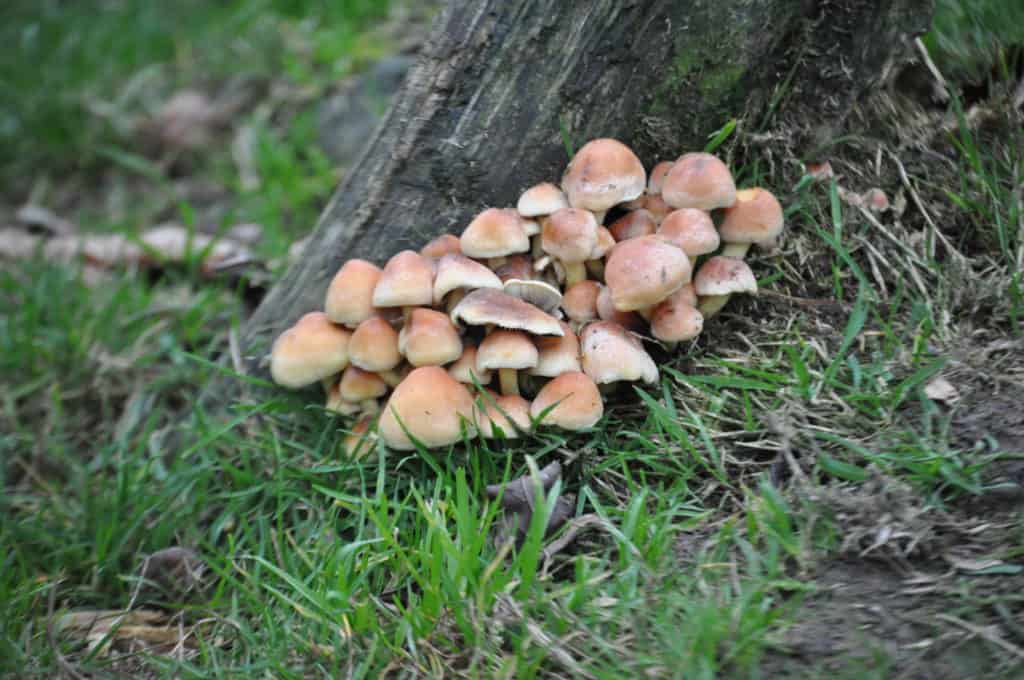
Read More
This course is suited for anyone looking to develop field observation skills when exploring fungi.
This is not a specific species identification course
By the end of the course, you will be able to:
- Understand key morphological features to begin a fungus identification
- Describe the variety of habitats in which you can find fungi and how this can be used to make an accurate identification
- Record useful field notes and use the correct equipment to safely collect fungi
- Share this knowledge with friends, family, and fellow volunteers
Who Should Attend? – Nature enthusiasts, students, rangers, early career ecologists.
Knowledge Level – Beginner. Level descriptors can be found on the following webpage: Framework and Course Level Descriptors
Prior Knowledge – No existing knowledge, or experience is needed for this course, just a willingness to explore and learn.
PLEASE NOTE: There is no accommodation or meal facilities provided with this course. Refreshments (tea and coffee) will be available. If we are unable to reach viable numbers for this course, we will inform you of the course cancellation 4-5 weeks prior to the course run. We would recommend when purchasing accommodation and/or travel you should take out your own insurance.
Bookings will close if course capacity is reached.
Please email [email protected] if you have any questions.
About the Tutor
This course is delivered by more than one expert tutor. Your tutor will depend on the location of the course you book.
Chris Knowles
Chris is both an ecologist and a consultant field mycologist, carrying out fungus surveys for a variety of clients. He is also an active member of his local fungus group and the recorder for Edinburgh & Lothians.
Beverley Rhodes
Beverley works as an ecological consultant and delivers courses on the identification of flora and fungi in Derbyshire. As a full member of CIEEM and BSBI she continues to use her knowledge to understand the biodiversity of sites and record important species.
Mark Buxton-Kelly
Mark has a long history of working within a natural setting on behalf of conservation and training organisations. He leads walks and talks on folklore, foraging and more, all with connection to the natural world.
Example Timetable
Timings for this course may vary, so please check the start and end times for the course runs below. Please arrive in time for the course to start promptly.
This course will involve both classroom learning and field excursions to cover all of the learning objectives.
Lunch is not included so please bring your own food. Refreshments (tea and coffee) will be provided.
What's Included
The course has been carefully created by expert tutors and educators to help you continue to build and develop your knowledge and apply it within the field surrounded by like-minded individuals.
The course includes:
- Classroom learning covering the theory of the species
- Field excursions to apply new knowledge
- Expert tuition for which the Field Studies Council is renowned
- Clear objectives and progression
- Refreshments (tea and coffee)
You can rest assured that the absolute best content from an expert in environmental education will be provided. In choosing a Field Studies Council course, you will be joining thousands of people who learn with us each year.
Bursaries and Subsidies
Student Discount
This course is eligible for a student discount. If you are a current student, please use discount code BioStudent20 at checkout for 20% off all Biodiversity courses.
Natural History Bursaries
There are a number of natural history bursaries available to help with the cost of your course. To find out if you and your chosen course are eligible, find out more here.
Before You Attend
What to Bring
- Notebook and pencil
- Lunch and refreshments
- Sensible footwear and clothing for being outdoors
If you have them:
- Hand lens
- Penknife
- Any up to date field guide of fungi
Recommended Literature
The guides below are not essential, but have been suggested by the tutor to accompany this course. When you book this course, you will receive a discount code for the Field Studies Council recommended guides below.
There will be a member of staff with first aid training and access to a first aid kit on site. If you have special medical or access requirements, please let us know as soon as possible so we can plan the course.
Opportunities to attend this course
-
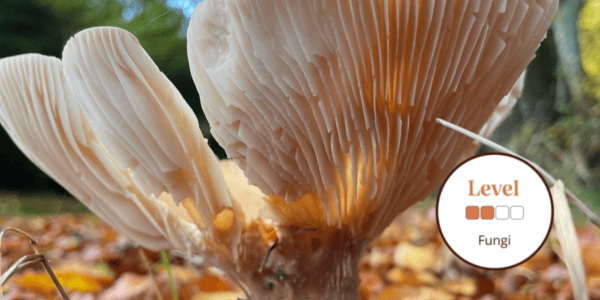
Sun 15, September 2024 10:00 - 17:00
Directions for Castlemilk Stables can be found here. The course Autumn Fungi: Beginner Identification is a great accompaniment to this course and is also scheduled at Castlemilk Stables on 21st September 2024 with tutor Chris Knowles. The venue is unable to offer accommodation with this course, please book local accommodation if you require overnight stays and ensure you take out the appropriate insurance.
-

Sat 02, November 2024 10:00 - 17:00
Directions and information on Haddon Hall can be found here. The venue is unable to offer accommodation with this course, please book local accommodation if you require overnight stays and ensure you take out the appropriate insurance. The restaurant will be closed on the day of the course, please ensure you bring a packed lunch.
-

Sun 10, November 2024 10:00 - 16:00
Please note: course times are 10am - 4pm. There is no provision of refreshments on the course, please ensure you bring refreshments and a packed lunch. Directions and further information on Quarry Bank - National Trust can be found here. For car parking, use postcode SK9 4HP. The venue is unable to offer accommodation with this course, please book local accommodation if you require overnight stays and ensure you take out the appropriate insurance.
No current dates for this course? Click here to view all the upcoming Natural History courses.
Progress Your Learning
This is a training course from the Field Studies Council, delivered by expert tutors with an approachable learning style. After attending this course, you may like to progress your learning with further relevant courses or branch out into other areas of natural history. The Field Studies Council offers both online and in person courses, so you can choose the learning style that suits you best.
The course gives you the opportunity to immerse yourself in a new subject and acquire novel skills. Our online portal gives you time to study at your own pace and fit the lessons around your own schedule.
If you have any questions about our courses please check our Frequently Asked Questions or email [email protected].
Group Bookings Made Easy
If you have a group of 10 or more individuals wanting to complete one of our courses, our team are available to discuss your options – from discounts to private team courses. Click here to find out more!
You can rest assured that the absolute best content from an expert in environmental education will be at your fingertips. In choosing a Field Studies Council course, you will be joining thousands of people who learn with us each year.

